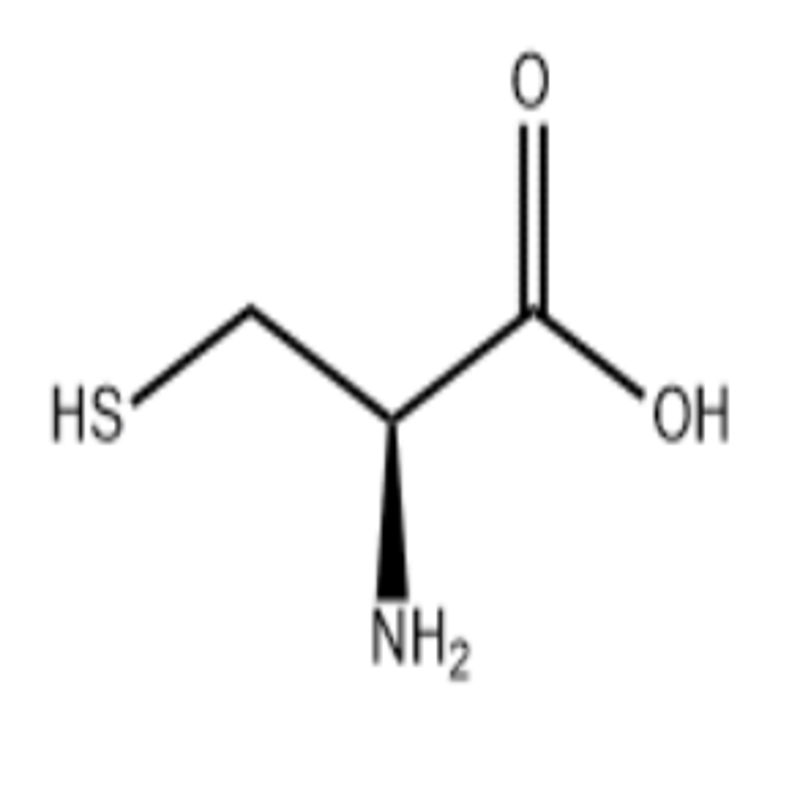Marine plastic pollution threatens the survival of sea turtles
-
Last Update: 2021-03-13
-
Source: Internet
-
Author: User
Search more information of high quality chemicals, good prices and reliable suppliers, visit
www.echemi.com
a new study released by the Australian Federal Scientific and Industrial Research Organisation shows that the more plastic turtles swallow, the higher the risk of death, and marine plastic pollution is threatening the turtle's survival.
previous study found that seven species of sea turtles worldwide were swallowing plastic, with estimates suggesting that 52 percent of the world's turtles have already swallowed plastic. But scientists don't know if swallowing plastic is the leading cause of turtle deaths.
Australian Federal Scientific and Industrial Research Organisation dissected 1000 dead sea turtles washed up on Australian beaches and quantified the relationship between turtle deaths and plastic swallowing. The results showed that once a turtle swallowed 14 pieces of plastic, the risk of death was up to 50%.
that doesn't mean turtles don't die if they swallow less than 14 pieces of plastic, according to researchers. In the study, some of the dead turtles ate only one piece of plastic, one of which died from a hard plastic puncture in the intestines and the other from a intestinal obstruction caused by swallowing soft plastic.
. Chris Wilcox, chief scientist at the Federal Scientific and Industrial Research Organization, said, "We found that when a turtle eats the first piece of plastic, it has a 22 percent risk of death. As they eat more plastic, the risk of death increases.
found that some turtles had swallowed hundreds of pieces of plastic, and that films, ropes, fish lines, stickers, soft plastic and other debris had been found in their stomachs.
Millions of tons of plastic debris flow into the ocean each year," Wilcox said. The
has been published in a new issue of the British journal Nature
Journal. (Source: Xinhua News Agency, Bai Xu)
This article is an English version of an article which is originally in the Chinese language on echemi.com and is provided for information purposes only.
This website makes no representation or warranty of any kind, either expressed or implied, as to the accuracy, completeness ownership or reliability of
the article or any translations thereof. If you have any concerns or complaints relating to the article, please send an email, providing a detailed
description of the concern or complaint, to
service@echemi.com. A staff member will contact you within 5 working days. Once verified, infringing content
will be removed immediately.







